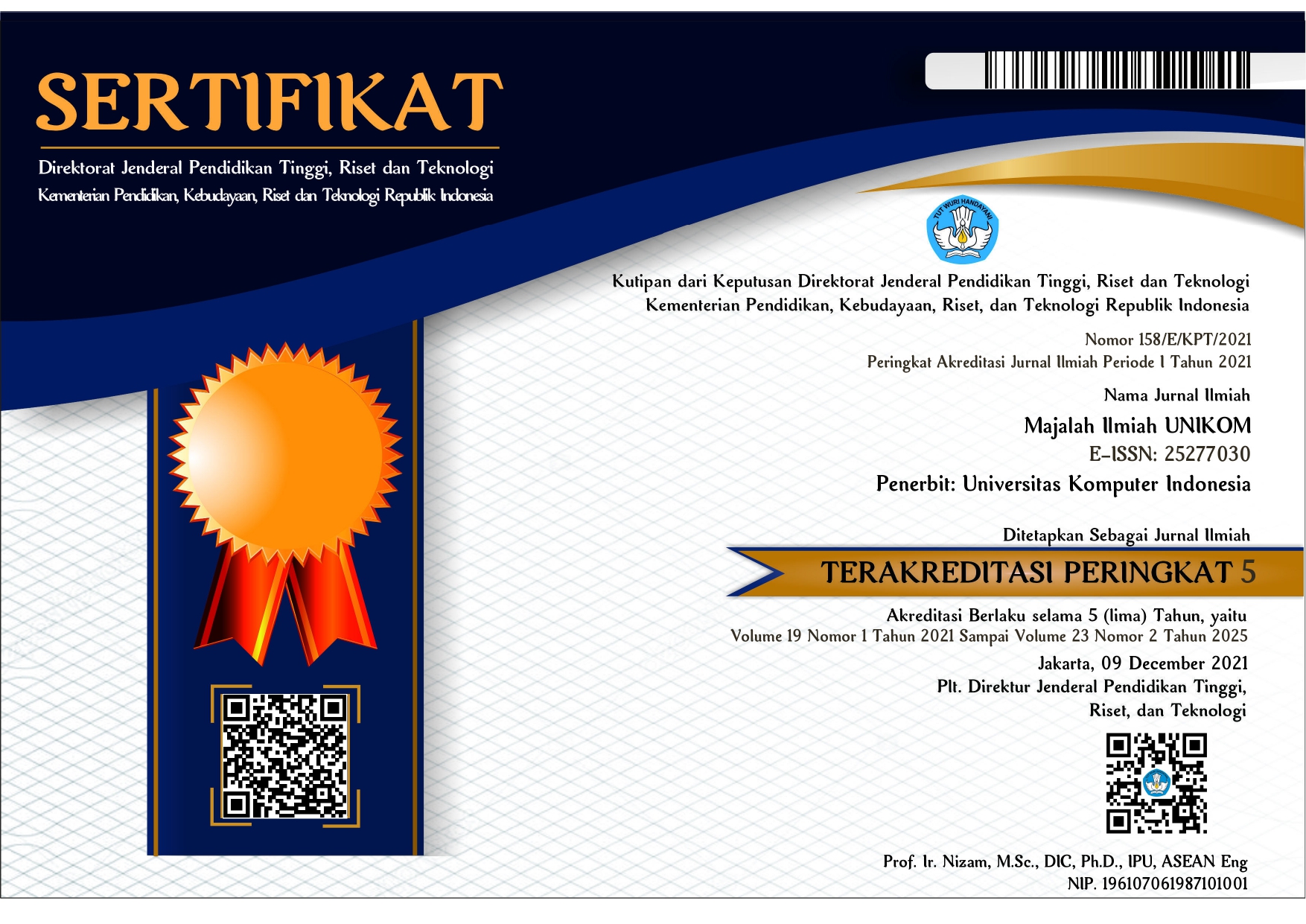ETOS KERJA BANGSA JEPANG DALAM UPAYA PENANGGULANGAN BANJIR
Abstract
The issue of flood management policies serves polemics in public discourse with no consistency of risk management policies; the arguments continue. As a result, this phenomenon leads to the fact that a technology alone cannot answer the challenges of management risk, and public work projects are promoted to address those challenges. As behavourist’s saying, “mind determines attitude”, one of essential public work projects is related to a change of people’s mind by learning from others’ experienisces. The manipulation of Indonesian’s mind through learning Japanese’s mind is considered as a focus of this research. The research itself aims to examine Japanese indiginious culture to assist Indonesian in identifying and applying its own indigenous culture. Conducting the research, analytic descriptive qualitative approach is applied comprehendly. Analyzing the cases, the research shows that Japanese moral etique, bushido, and its indiginious culture are implemented to formulate flood management policies. Government, private companies, and citizens work together to manage the risk.
Keywords : Japanese’s ethos, flood, management policies
Downloads
Published
Issue
Section
License
Authors who publish articles in MAJALAH ILIMIAH UNIKOM agree to the following terms:
- Authors retain the copyright of the article and grant the journal right of first publication with the work simultaneously licensed under CC-BY-SA or The Creative Commons Attribution–ShareAlike License.
- Authors can enter into separate, additional contractual arrangements for the non-exclusive distribution of the journal's published version of the work (e.g., post it to an institutional repository or publish it in a book), with an acknowledgment of its initial publication in this journal.
- Authors are permitted and encouraged to post their work online (e.g., in institutional repositories or on their website) before and during the submission process, as it can lead to productive exchanges, as well as earlier and greater citation of published work (See The Effect of Open Access).




